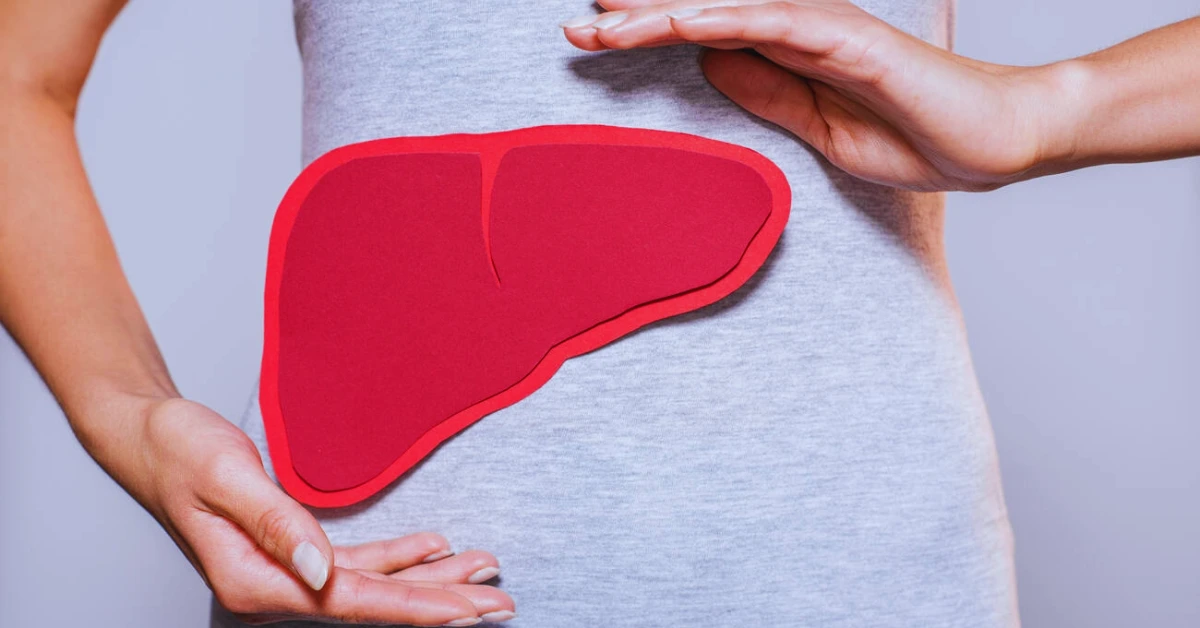Your liver is a remarkable organ that plays a vital role in maintaining your overall health. It performs numerous essential functions, such as filtering toxins, processing nutrients, and producing bile for digestion. However, various factors, including alcohol consumption, fatty liver disease, and viral infections, can damage this hardworking organ. In this article, we’ll explore the signs that indicate your liver is healing and provide guidance on supporting its recovery.
Key Takeaways
- The liver has an incredible ability to regenerate and heal itself when given the right support.
- Signs of a healing liver include increased energy, improved digestion, and decreased abdominal pain.
- Lifestyle changes, such as quitting alcohol and maintaining a healthy weight, can significantly aid liver healing.
Understanding Liver Damage
Liver damage occurs when the liver’s cells become injured or inflamed, hindering its ability to function properly. This damage can progress through different stages, starting with inflammation and potentially leading to more severe conditions like cirrhosis, where scar tissue replaces healthy liver tissue. Common symptoms of liver damage include fatigue, jaundice (yellowing of the skin and eyes), and abdominal pain.
Effects of Liver Damage on the Body
Liver damage can have far-reaching effects on various systems in the body. The digestive system may be impacted, leading to issues like poor nutrient absorption and intestinal bleeding. The immune system can also be compromised, making individuals more susceptible to infections. Additionally, liver damage can strain the cardiovascular system, increasing the risk of high blood pressure and heart disease.
If left untreated, liver damage can progress to serious complications, such as liver failure or liver cancer. Seeking prompt medical attention is crucial if you suspect any signs of liver damage, as early intervention can significantly improve outcomes.
Can your liver heal itself?
The liver is a resilient organ with an incredible capacity to regenerate and heal itself, given the right conditions. Factors that influence the liver’s healing process include adopting a healthy diet, making positive lifestyle changes, and following appropriate medical treatments. For example, quitting alcohol consumption and maintaining a healthy weight can greatly support liver healing by reducing the strain on the organ and allowing it to focus on repairing damaged cells.
Also Read: How To Stop Liver Pain Immediately?: Understanding Causes And Finding Relief
How long does it take for your liver to heal?
The timeline for liver healing varies depending on the extent of the damage and individual factors like age and overall health. In general, mild liver damage may resolve within a few weeks to a few months with proper care and lifestyle modifications. However, more severe cases of liver damage, such as advanced cirrhosis, may require longer recovery periods or even a liver transplant in extreme situations.
Regular monitoring and follow-up with healthcare providers are essential during the healing process to track progress and make necessary adjustments to treatment plans. Supporting liver health during this time involves staying hydrated, consuming a balanced diet rich in fruits, vegetables, and lean proteins, and avoiding harmful substances like alcohol and excess medications.
Signs of a Healing Liver
As your liver heals, you may notice several positive changes in your body. Some common signs of a healing liver include:
- Increased energy levels: As liver function improves, you may feel more energetic and less fatigued.
- Improved digestion: A healing liver can process nutrients more efficiently, leading to better digestion and less digestive discomfort.
- Decreased abdominal pain: As inflammation in the liver subsides, you may experience less pain and tenderness in the upper right abdomen.
- Clearer skin: The liver plays a role in skin health, so as it heals, you may notice improvements in skin clarity and texture.
Blood tests and imaging studies, such as ultrasounds or CT scans, can provide objective measures of liver healing progress. These tests can show improvements in liver enzyme levels, a reduction in inflammation, and the regression of scar tissue.
It’s important to pay attention to your body’s signals and discuss any positive changes with your healthcare provider. They can help you understand the significance of these improvements and guide you on the next steps in your liver health journey.
Conclusion
Liver health is essential for overall well-being, and understanding the signs of a healing liver can be empowering for those dealing with liver damage. By adopting lifestyle changes, seeking regular medical check-ups, and staying attuned to your body’s signals, you can support your liver’s natural healing process.
Remember, the liver is a resilient organ that can regenerate and recover when given the right care and attention. If you suspect liver damage or have concerns about your liver health, don’t hesitate to consult with a healthcare professional. They can provide personalized guidance and help you navigate the path to a healthier liver.
Read More: Side Effects Of Applying Castor Oil In Belly Button: Is It Safe To Use?
FAQs
A: While the liver can regenerate from mild to moderate damage, cirrhosis represents extensive scarring that is generally irreversible. However, lifestyle changes and medical management can help prevent further progression and complications.
A: To support liver healing, focus on maintaining a healthy weight, eating a balanced diet, staying hydrated, avoiding alcohol and excessive medications, and following your healthcare provider’s recommendations.
A: Foods that support liver health include leafy greens, cruciferous vegetables like broccoli and cauliflower, berries, nuts, seeds, and fatty fish rich in omega-3s. Avoiding processed and high-fat foods can also help reduce liver strain.
A: The frequency of liver check-ups depends on the severity of your condition and your healthcare provider’s recommendations. Generally, follow-up appointments may be scheduled every few weeks to a few months to monitor progress and make necessary adjustments to your treatment plan.

